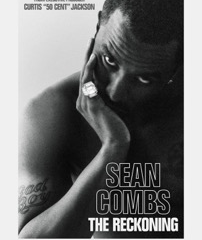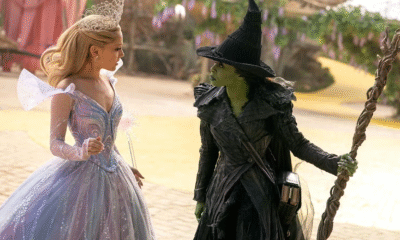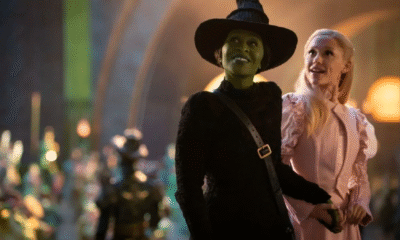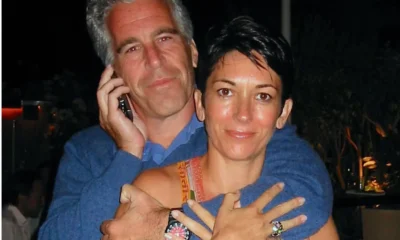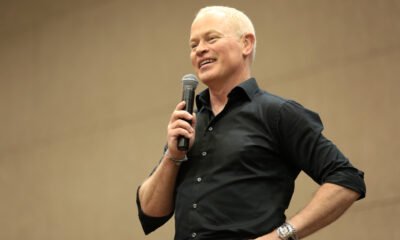Entertainment
Hollywood Shake-Up: Warner Bros. Goes All In on Original Stories

Warner Bros. is making a decisive and strategic shift in 2025, emphasizing original movies as a core pillar of its box office strategy while maintaining a hybrid approach that balances franchise blockbusters with fresh, original content. This approach has already shown significant success, with the studio surpassing Disney to achieve a domestic gross of $1.32 billion as of mid-2025. While blockbuster franchises like Superman ($331 million domestic) and the Minecraft Movie ($950 million global) remain strong anchors, Warner Bros. is increasingly investing in a growing slate of original productions that resonate with audiences and prove financially rewarding.
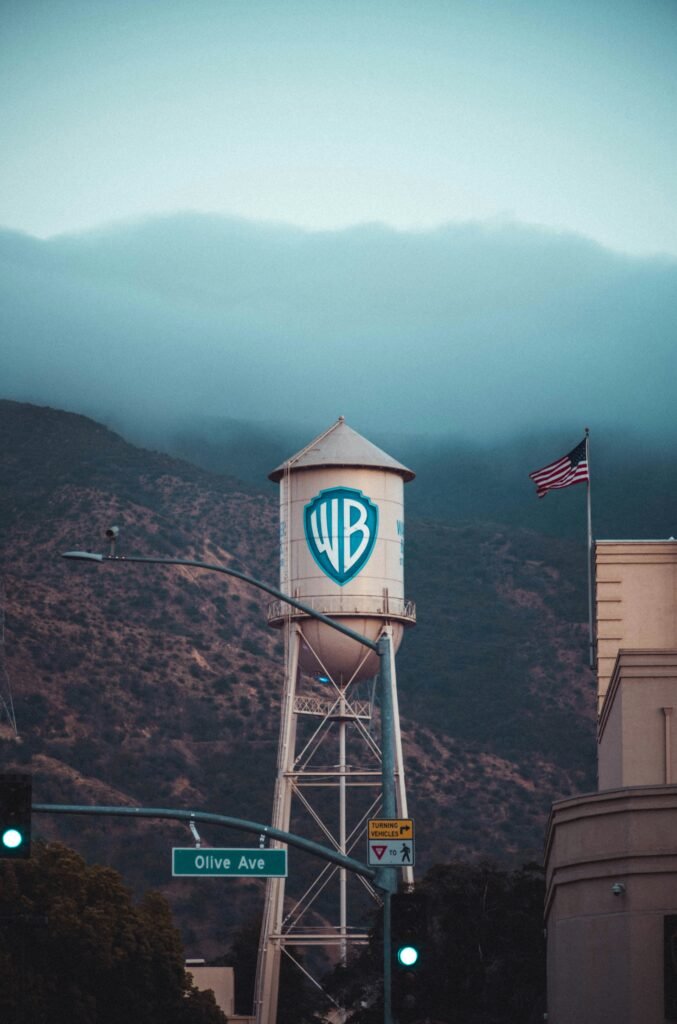
Notable original films in 2025 include Ryan Coogler’s “Sinners,” an original vampire movie that earned over $200 million domestically, marking it the highest-grossing original film since “Coco.” Another example is the horror hit “Weapons,” which opened to $42 million and gained sizable viral attention on social media. Impressively, half of Warner Bros.’ recent streak of six consecutive $40 million+ opening weekends are original stories, underlining the studio’s commitment to diversifying beyond legacy franchises. This strategy helps attract both niche and mainstream viewers, emphasizing that originality can drive considerable box office returns.
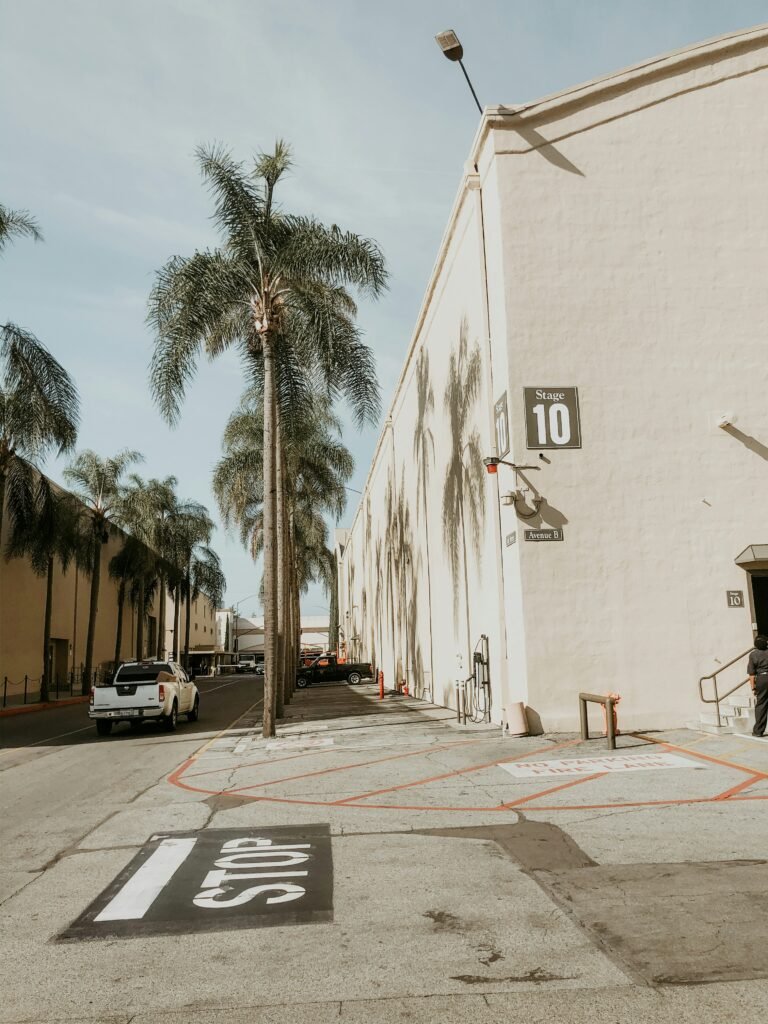
To support this, Warner Bros. has adopted a tiered content model that balances high-budget franchise productions with moderate to low-budget original films. This approach mitigates financial risks by leveraging strong brand loyalty from established franchises like DC Comics, while also exploring new intellectual properties and underserved genres like horror and sports dramas. For instance, the $2 million horror film “Presence” grossed $9.3 million, exemplifying the studio’s ability to find profitable niches.
Warner Bros. plans to release between 12 and 14 theatrical films annually across its divisions—Warner Bros. Pictures, DC Studios, New Line Cinema, and Warner Bros. Animation. In this lineup, only 1 to 2 films will be DC superhero movies, reflecting a conscious effort to limit the superhero franchise output and broaden their portfolio with originals and diverse genres. According to CEO David Zaslav, this mix includes:
- 1-2 Warner Bros. Pictures tentpoles, primarily leveraging well-known Warner Bros. IP
- 1-2 DC Studios films
- 3-4 New Line Cinema releases, including horror and comedy genres
- 1-2 Warner Bros. Animation titles
- A select number of moderately budgeted original films
Zaslav has highlighted this sustainable growth strategy with a target of reaching $3 billion in annual studio profits, driven by both proven intellectual properties and innovative original storytelling. This strategic balance enhances the studio’s creative footprint, profitability, and cultural relevance, especially in a post-streaming era where theatrical exclusivity remains important.
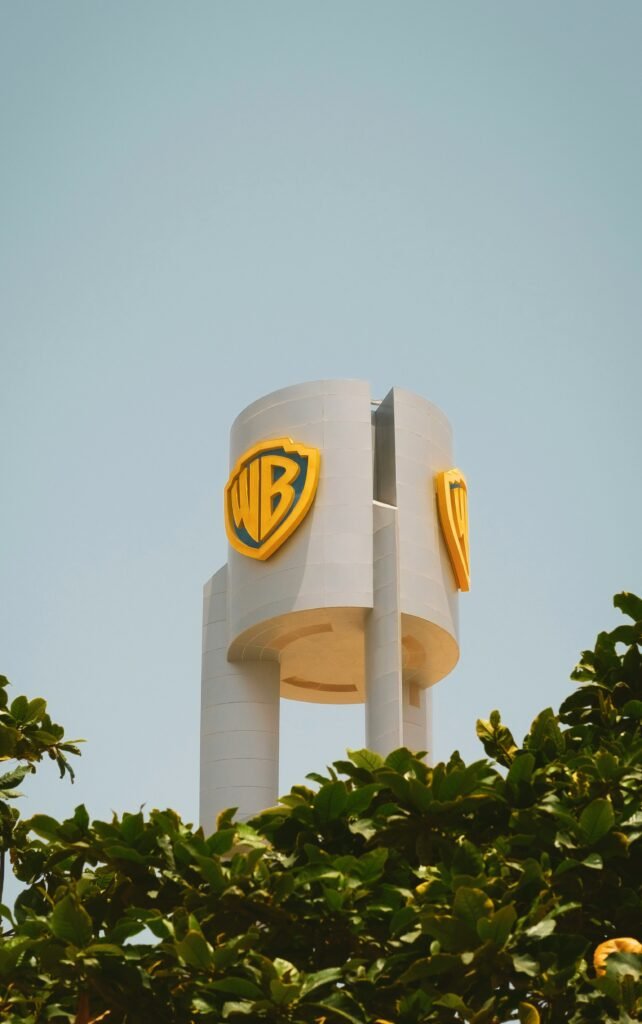
Moreover, Warner Bros.’ hybrid approach reduces volatility by avoiding overreliance on any single content formula. Leveraging nostalgia through tentpole franchise films offers predictable revenue streams, while calculated bets on original films foster innovation and appeal to evolving audience tastes. This is particularly pertinent as theaters regain importance amid streaming fatigue, and audiences demonstrate enthusiasm for immersive, big-screen experiences.
Despite their successes, Warner Bros. faces challenges such as managing production costs and creative risks. Films like “Mickey 17,” though high-profile, have shown the risks inherent in overestimating demand for original IP. However, the tiered “franchise-plus” model provides an effective framework to balance financial stability and creative experimentation.
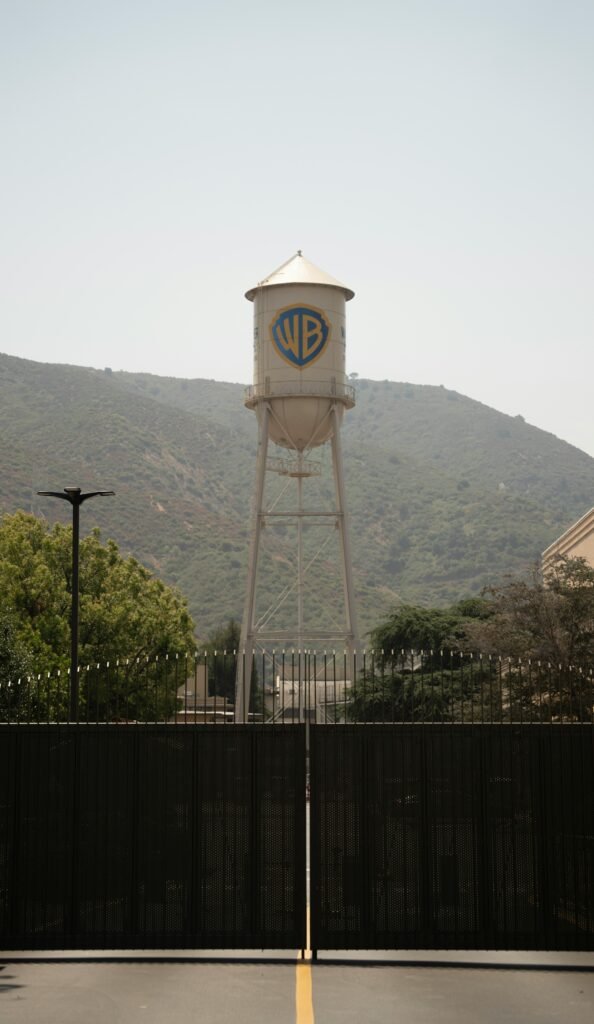
In summary, Warner Bros. in 2025 exemplifies a forward-thinking studio model that values originality alongside franchise strength. By focusing on more original movies while limiting DC superhero films to 1-2 per year, the studio is broadening its creative range, catering to diverse audiences, and positioning itself for sustained success and artistic innovation in a shifting industry landscape.
This strategy signals a shift where originality is not just a side bet but an essential element of Warner Bros.’ future in the film industry, blending financial prudence with cultural impact.
Entertainment
What We Can Learn Inside 50 Cent’s Explosive Diddy Documentary: 5 Reasons You Should Watch
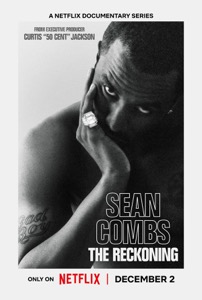
50 Cent’s new Netflix docuseries about Sean “Diddy” Combs is more than a headline-grabbing exposé; it is a meticulous breakdown of how power, celebrity, and silence can collide in the entertainment industry.
Across its episodes, the series traces Diddy’s rise, the allegations that followed him for years, and the shocking footage and testimonies now forcing a wider cultural reckoning.
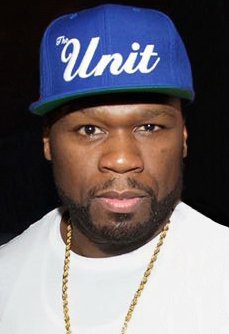
1. It Chronicles Diddy’s Rise and Fall – And How Power Warps Reality
The docuseries follows Combs from hitmaker and business icon to a figure facing serious criminal conviction and public disgrace, mapping out decades of influence, branding, and behind-the-scenes behavior. Watching that arc shows how money, fame, and industry relationships can shield someone from scrutiny and delay accountability, even as disturbing accusations accumulate.
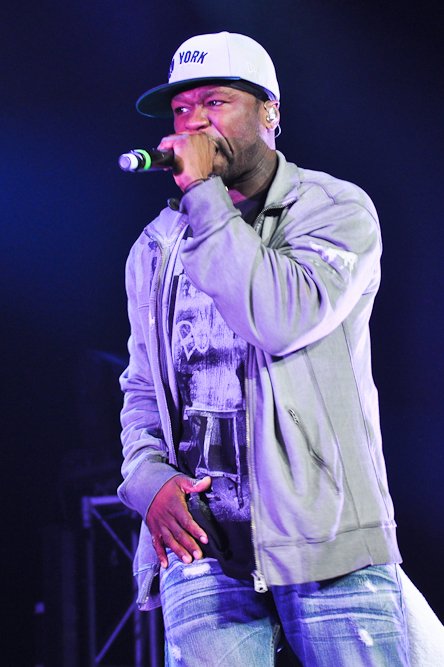
2. Never-Before-Seen Footage Shows How Narratives Are Managed
Exclusive footage of Diddy in private settings and in the tense days around his legal troubles reveals how carefully celebrity narratives are shaped, even in crisis.
Viewers can learn to question polished statements and recognize that what looks spontaneous in public is often the result of strategy, damage control, and legal calculation.
3. Survivors’ Stories Highlight Patterns of Abuse and Silence
Interviews with alleged victims, former staff, and industry insiders describe patterns of control, fear, and emotional or physical harm that were long whispered about but rarely aired in this detail. Their stories underline how difficult it is to speak out against a powerful figure, teaching viewers why many survivors delay disclosure and why consistent patterns across multiple accounts matter.
4. 50 Cent’s Approach Shows Storytelling as a Tool for Accountability
As executive producer, 50 Cent uses his reputation and platform to push a project that leans into uncomfortable truths rather than protecting industry relationships. The series demonstrates how documentary storytelling can challenge established power structures, elevate marginalized voices, and pressure institutions to respond when traditional systems have failed.
5. The Cultural Backlash Reveals How Society Handles Celebrity Accountability
Reactions to the doc—ranging from people calling it necessary and brave to others dismissing it as a vendetta or smear campaign—expose how emotionally invested audiences can be in defending or condemning a famous figure. Watching that debate unfold helps viewers see how fandom, nostalgia, and bias influence who is believed, and why conversations about “cancel culture” often mask deeper questions about justice and who is considered too powerful to fall.
Entertainment
South Park’s Christmas Episode Delivers the Antichrist
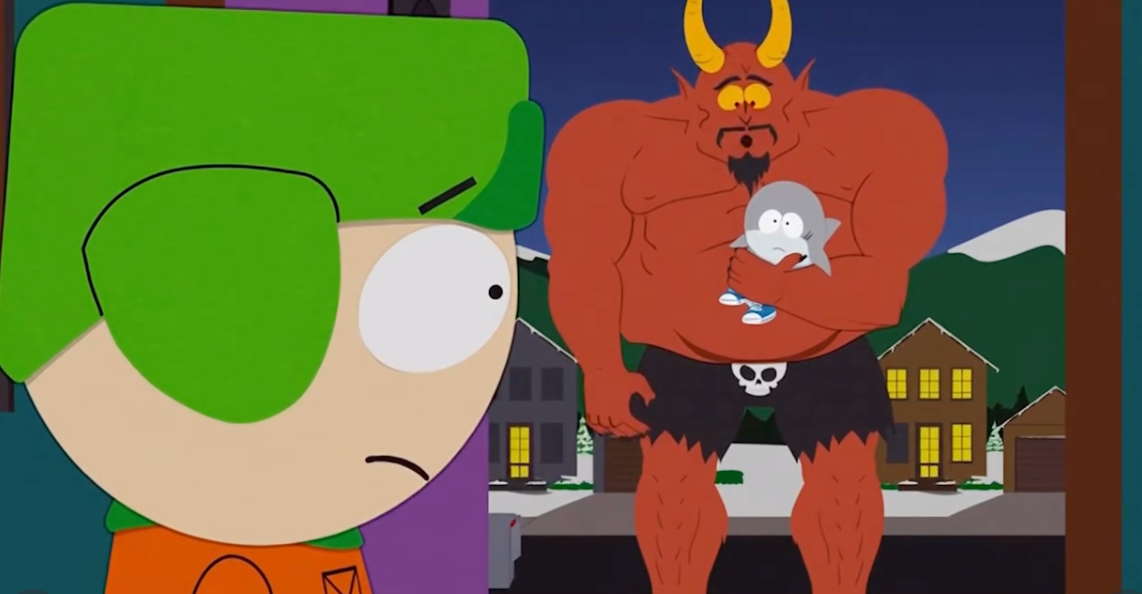
A new Christmas-themed episode of South Park is scheduled to air with a central plot in which Satan is depicted as preparing for the birth of an Antichrist figure. The premise extends a season-long narrative arc that has involved Satan, Donald Trump, and apocalyptic rhetoric, positioning this holiday episode as a culmination of those storylines rather than a stand‑alone concept.
Episode premise and season context
According to published synopses and entertainment coverage, the episode frames the Antichrist as part of a fictional storyline that blends religious symbolism with commentary on politics, media, and cultural fear. This follows earlier Season 28 episodes that introduced ideas about Trump fathering an Antichrist child and tech billionaire Peter Thiel obsessing over prophecy and end‑times narratives. The Christmas setting is presented as a contrast to the darker themes, reflecting the series’ pattern of pairing holiday imagery with controversial subject matter.
Public and political reactions
Coverage notes that some figures connected to Donald Trump’s political orbit have criticized the season’s portrayal of Trump and his allies, describing the show as relying on shock tactics rather than substantive critique. Commentators highlight that these objections are directed more at the depiction of real political figures and the show’s tone than at the specific theology of the Antichrist storyline.
At the time of reporting, there have not been widely reported, detailed statements from major religious leaders focused solely on this Christmas episode, though religion-focused criticism of South Park in general has a long history.
Media and cultural commentary
Entertainment outlets such as The Hollywood Reporter, Entertainment Weekly, Forbes, Slate, and USA Today describe the Antichrist arc as part of South Park’s ongoing use of Trump-era and tech-world politics as material for satire.
Viewer guidance and content advisory
South Park is rated TV‑MA and is intended for adult audiences due to strong language, explicit themes, and frequent use of religious and political satire. Viewers who are sensitive to depictions of Satan, the Antichrist, or parodies involving real political figures may find this episode particularly objectionable, while others may view it as consistent with the show’s long‑running approach to controversial topics. As with previous episodes, individual responses are likely to vary widely, and the episode is best understood as part of an ongoing satirical series rather than a factual or theological statement.
Entertainment
Sydney Sweeney Finally Confronts the Plastic Surgery Rumors

Sydney Sweeney has decided she is finished watching strangers on the internet treat her face like a forensic project. After years of side‑by‑side screenshots, “then vs now” TikToks, and long comment threads wondering what work she has supposedly had done, the actor is now addressing the plastic surgery rumors directly—and using them to say something larger about how women are looked at in Hollywood and online.

Growing Up on Camera vs. “Before and After” Culture
Sweeney points out that people are often mistaking normal changes for procedures: she grew up on camera, her roles now come with big‑budget glam teams, and her body has shifted as she has trained, aged, and worked nonstop. Yet every new red‑carpet photo gets folded into a narrative that assumes surgeons, not time, are responsible. Rather than walking through a checklist of what is “real,” she emphasizes how bizarre it is that internet detectives comb through pores, noses, and jawlines as if they are owed an explanation for every contour of a woman’s face.
The Real Problem Isn’t Her Face
By speaking up, Sweeney is redirecting the conversation away from her features and toward the culture that obsesses over them.
She argues that the real issue isn’t whether an actress has had work done, but why audiences feel so entitled to dissect her body as public property in the first place.
For her, the constant speculation is less about curiosity and more about control—another way to tell women what they should look like and punish them when they do not fit. In calling out that dynamic, Sweeney isn’t just defending herself; she is forcing fans and followers to ask why tearing apart someone else’s appearance has become such a popular form of entertainment.

 Entertainment2 weeks ago
Entertainment2 weeks agoWicked Sequel Disappoints Fans: Audience Verdict on For Good

 News3 weeks ago
News3 weeks agoYolanda Adams Questions Traditional Views on God’s Gender, Audience Reacts

 Entertainment2 weeks ago
Entertainment2 weeks agoAriana & Cynthia Say They’re in a ‘Non‑Demi Curious, Semi‑Binary’ Relationship… WTF Does That Even Mean?

 News3 weeks ago
News3 weeks agoEpstein Files to Be Declassified After Trump Order

 News4 weeks ago
News4 weeks agoTrump Throws Epstein Files at Clinton’s Door

 Entertainment4 weeks ago
Entertainment4 weeks agoAriana Grande’s Red Carpet: When Fans Forget Boundaries

 Entertainment3 weeks ago
Entertainment3 weeks agoHollywood’s Kiss or Miss Policy: Why Saying No Got Neal McDonough Blackballed

 Entertainment3 weeks ago
Entertainment3 weeks agoJimmy Cliff, Reggae Legend and Star of ‘The Harder They Come,’ Dies at 81






